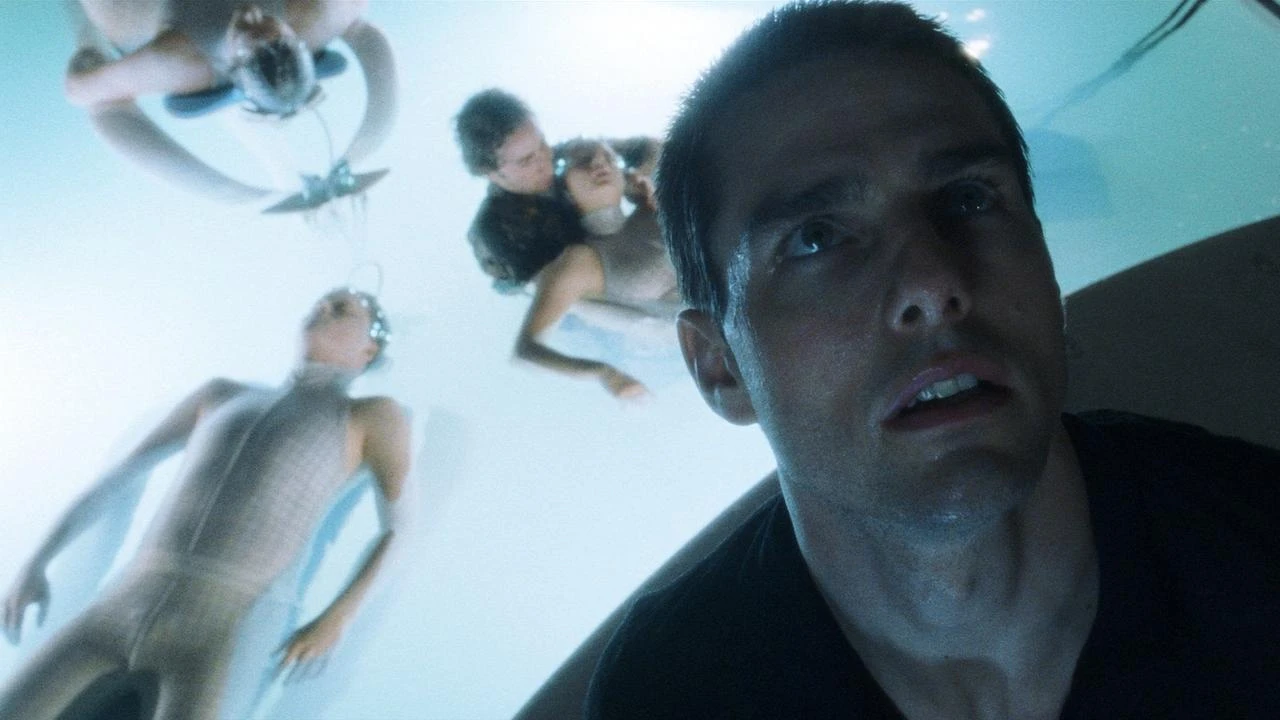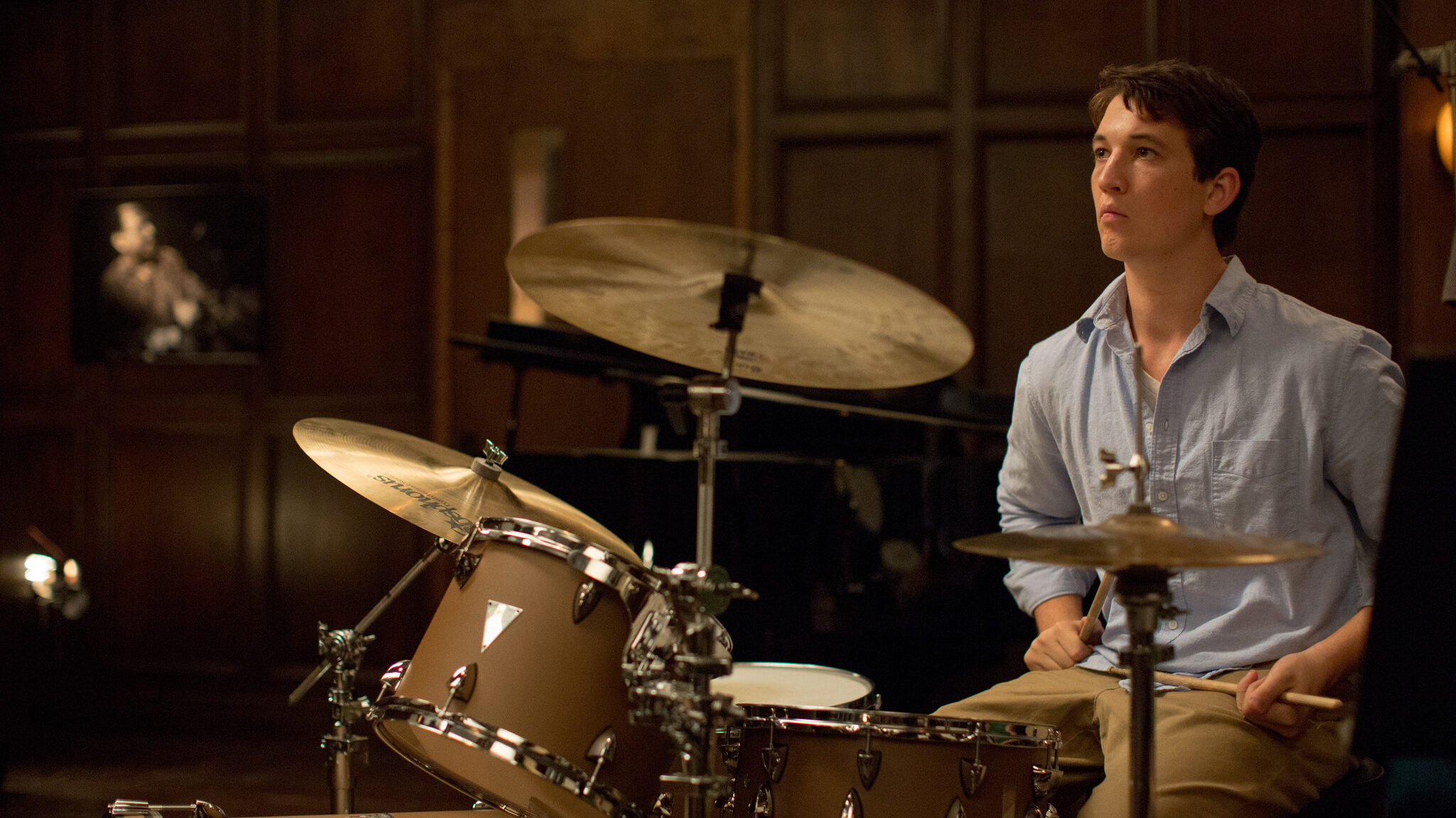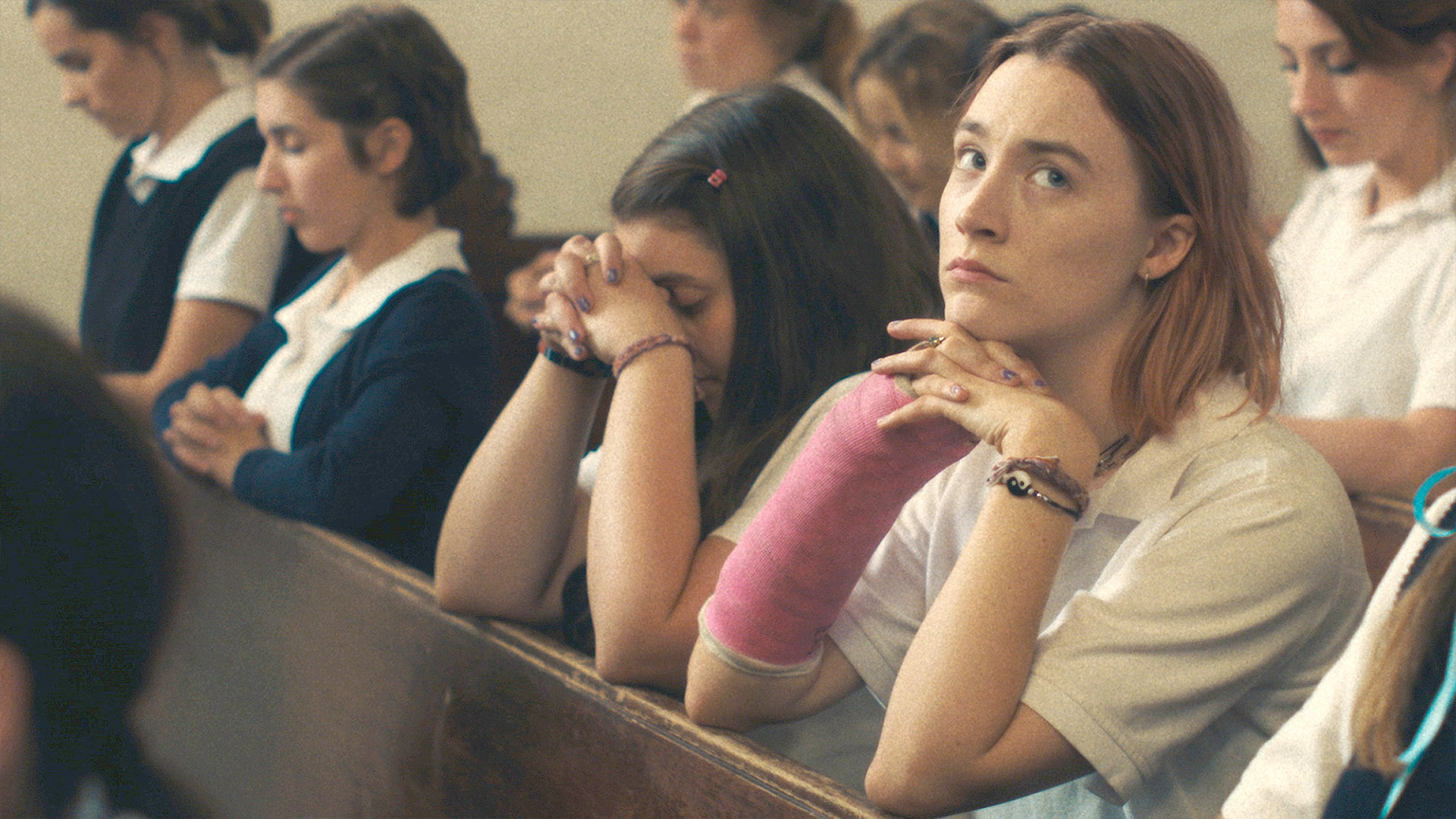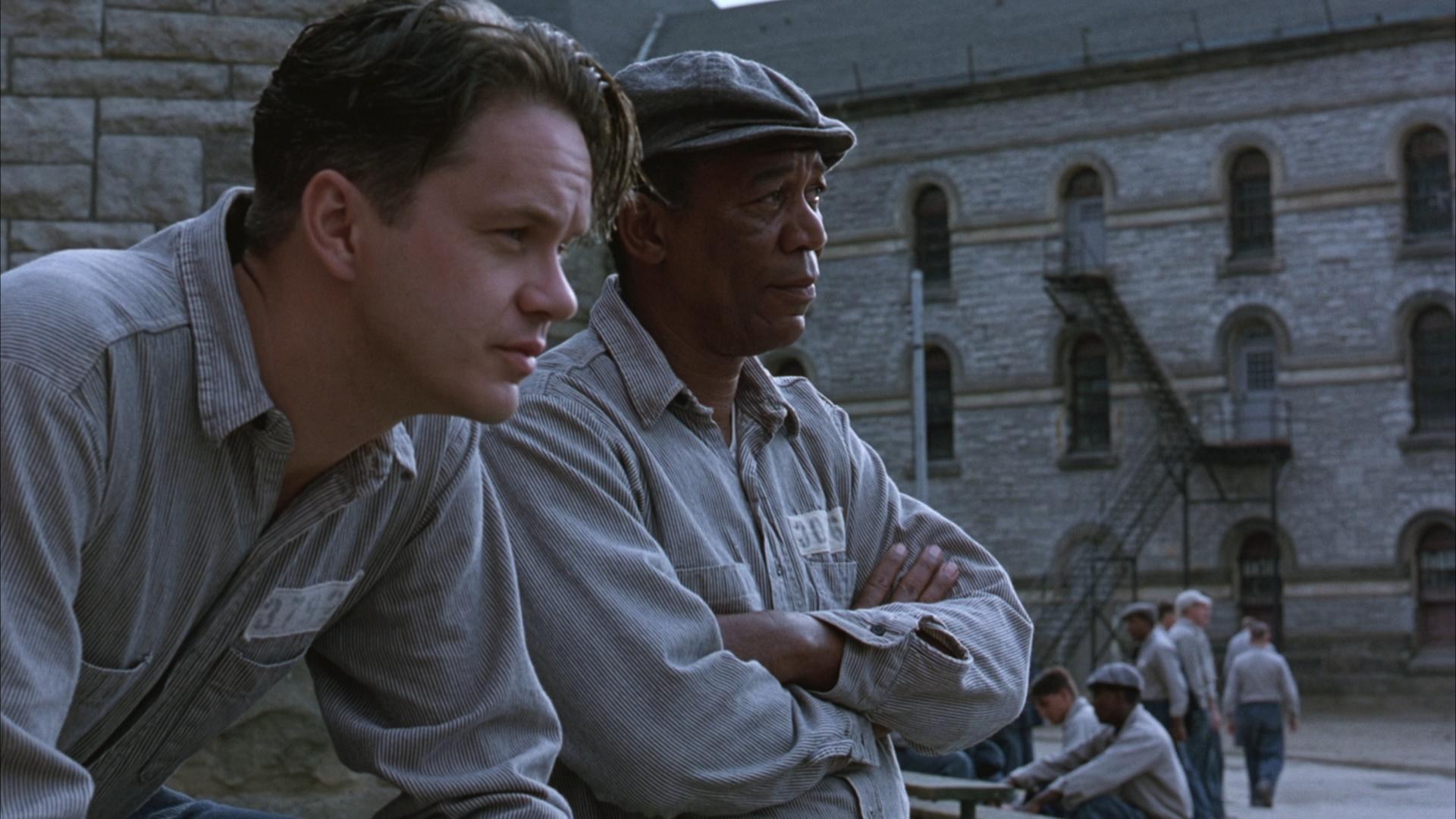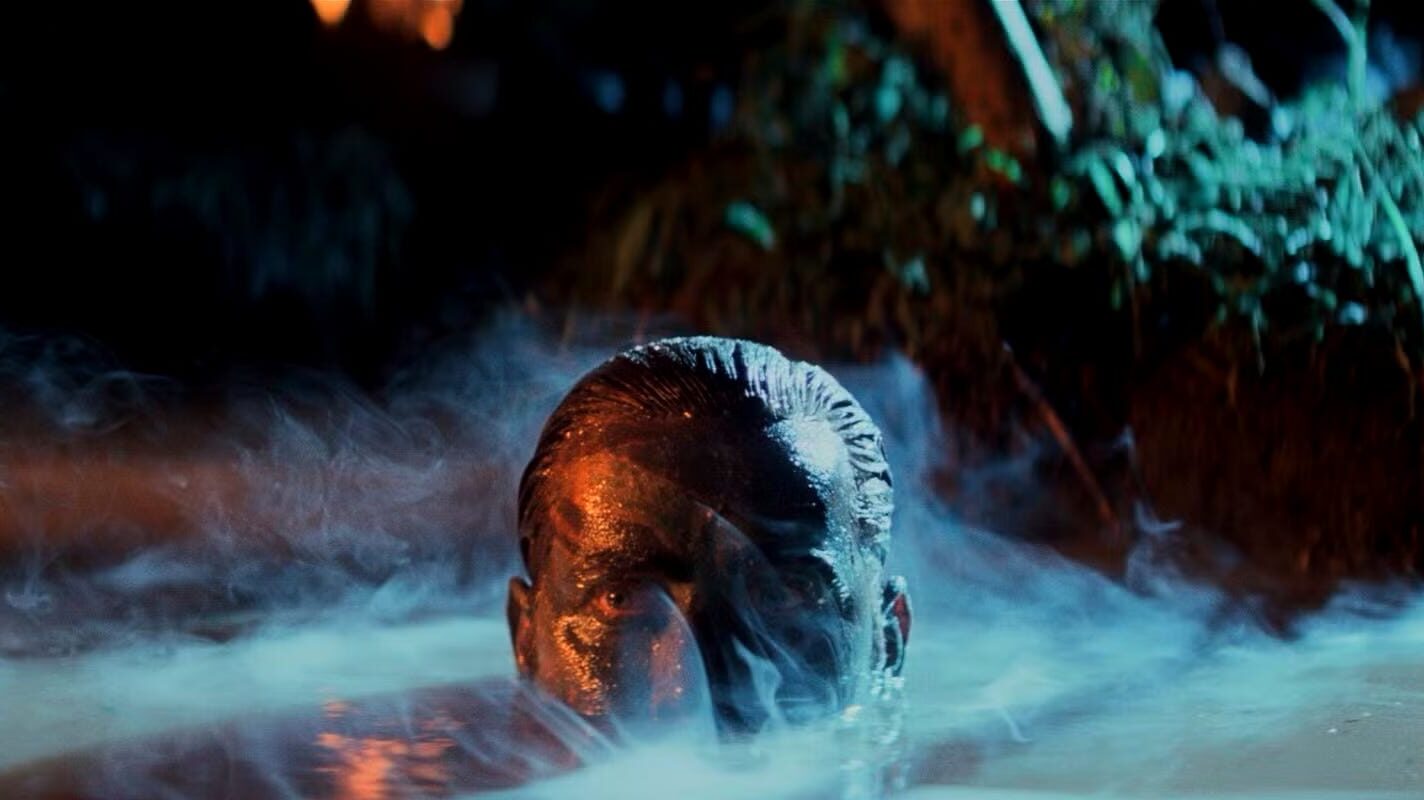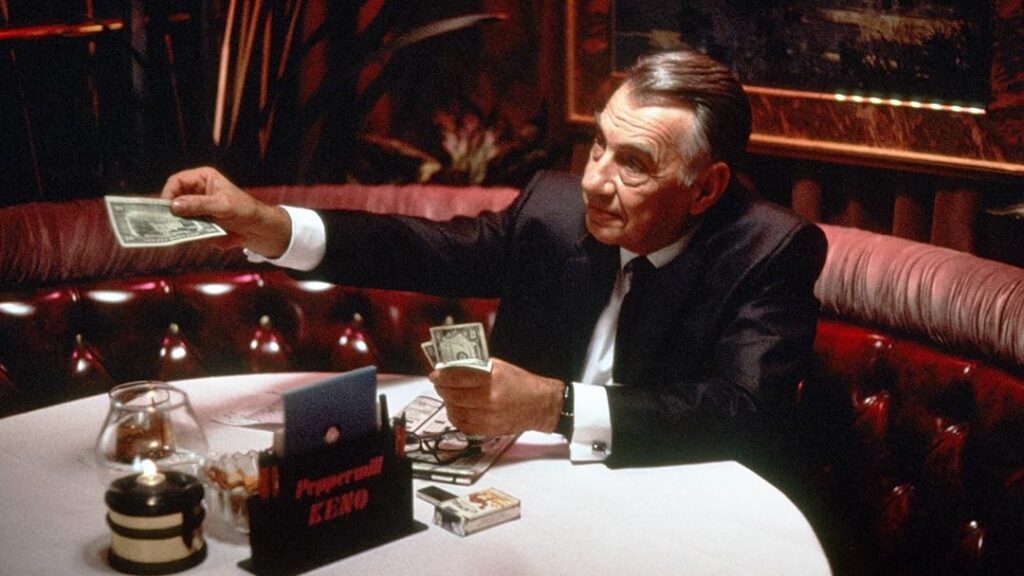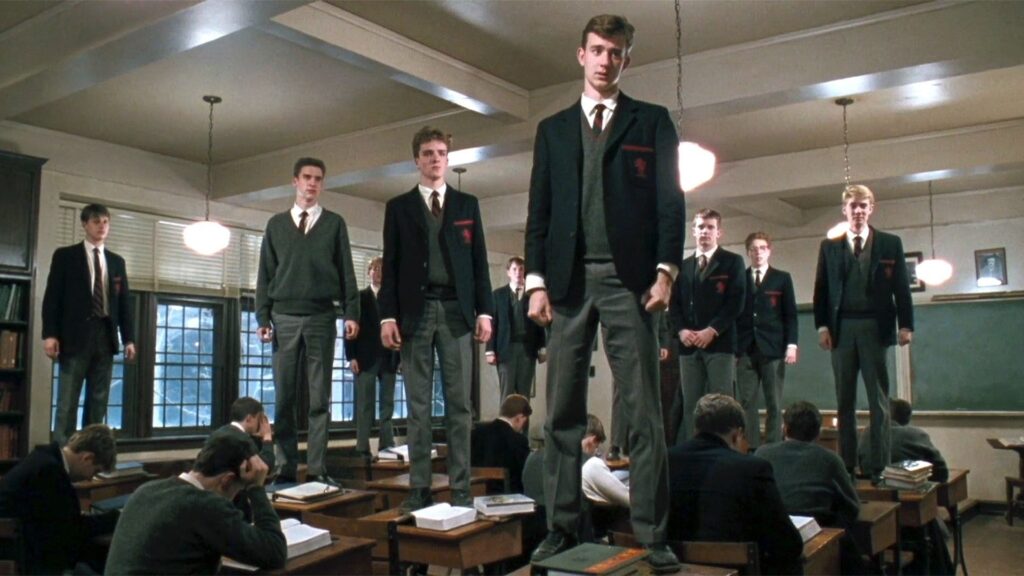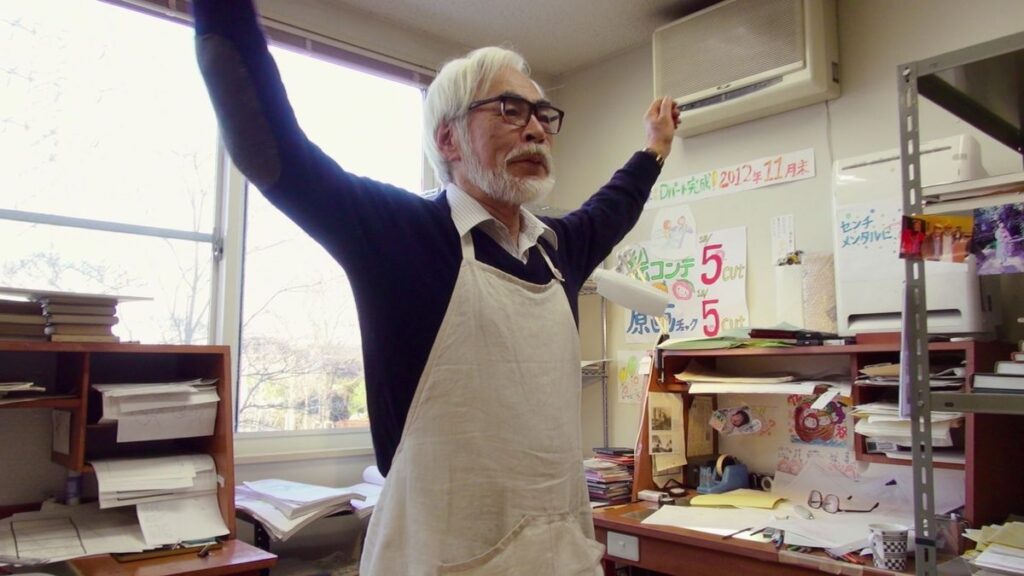This manic, impeccably directed thriller presents fascinating ruminations on the control pursued by the highest authorities of society.
Minority Report does what the science fiction genre does best: it contextualizes a concept (in this case, one that is philosophical, sociological and political) within a less subtle fictional framework and explores as many branching ideas from it as it can while remaining coherent.
Here, we see ideas of bureaucracy, of a criminal justice system that is hyper-enforced and excessively controlled. A government that keeps a stranglehold over every citizen, by denying them any semblance of free will. Anyone who breaks out of the functions of this hyper-regulated society is deemed defective and thrown away indefinitely. It refuses to acknowledge any of its own failures and breaks its own rules (in other words, it undermines its own purpose) in order to prove its own effectiveness.
We see the social effects; when citizens are confronted with the tools of enforcement, we see genuine fear in their eyes. The order is chaos within their minds, and they are never safe when the most powerful criminal of all, the bureaucracy, is observing from above. The imagery of Lamar (a symbol of power) sitting across from Anderton (a flawed individual with the potential for freethinking by authority’s standards) like a benevolent priest has a clear message. Religion is a tool for the reinforcement of status quo, a promise of a better life in the hereafter, one that allows the oppressed to accept their suffering in the present. Religion is a tool of control, one that keeps the workhorses in line, just the same as the Precrime division Lamar oversees.
It’s a one-dimensional evil, yes, but nonetheless a prescient metaphor for such oppressive regulation; what would it mean to enforce the abolishment of all crime? Such a system is ripe for exploitation. Now that crime is so controlled, you can determine what constitutes a crime. If someone is attempting to break out of your authority, how easy would it be to frame them? They don’t even have to commit a crime. And philosophically, how can one prove a predicter’s infallibility if each of their predictions is prevented every time? Can one triumph over a predetermined outlook and prove their free will? Would the events they predict ever occur had they not predicted it?
While the ending is more or less a cop-out (it would be far more interesting to see one in which Lamar shoots Anderton, and the system remains in place. Instead we see the typical Hollywood ending where one good guy triumphs over one bad guy, an ending that recants the need for social change in the real world), these ideas are well-explored otherwise. Despite the goofiness of its presentation (hey, at least it keeps a consistent tone), Minority Report remains a uniquely prescient film, one whose warnings have certainly gone unheard.
